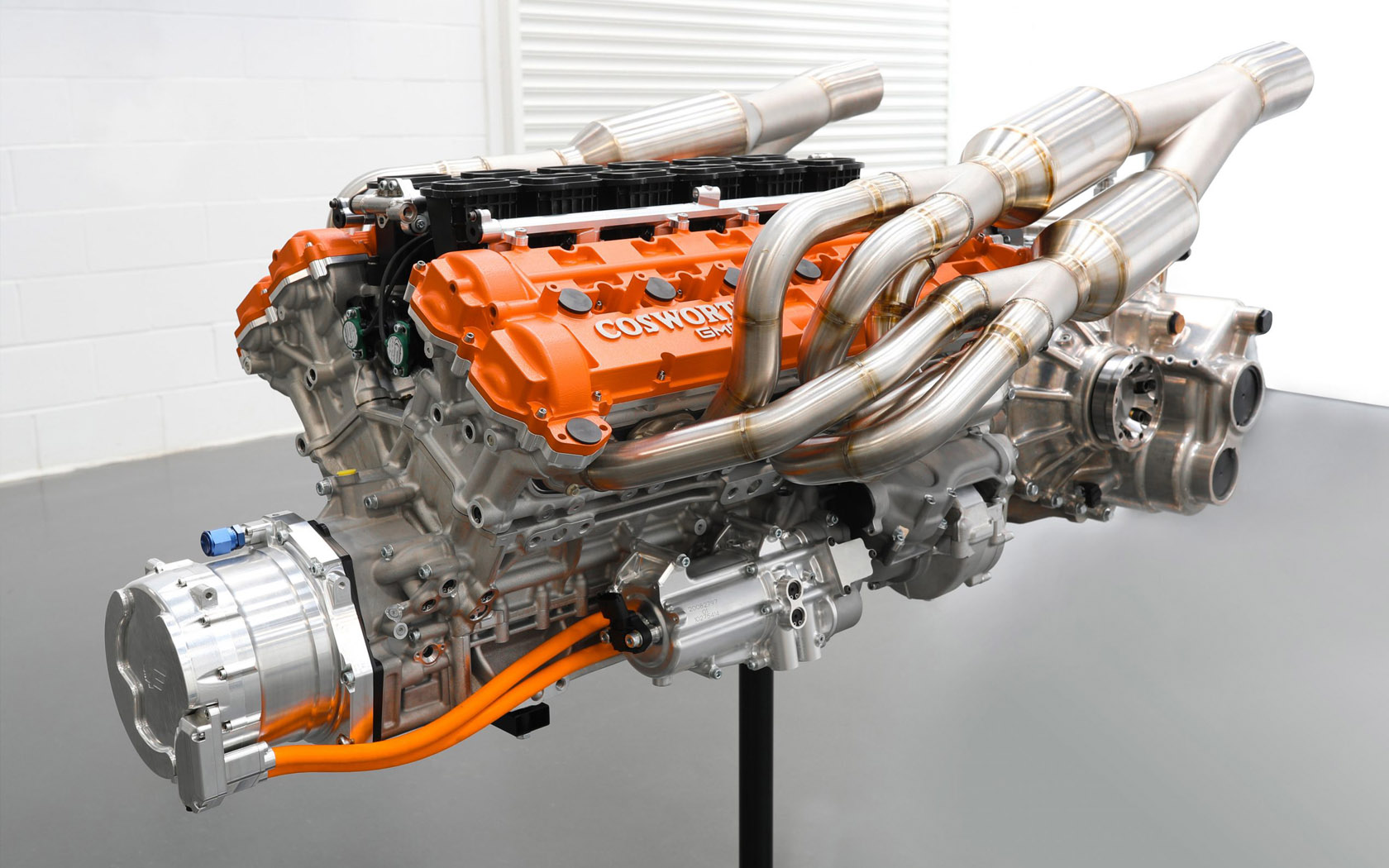A Total Guide to Purchasing From Engines For Africa
A Total Guide to Purchasing From Engines For Africa
Blog Article
A Full Guide to Picking the Right Engine for Your Job
Picking the suitable engine for your task is an important choice that can dramatically affect its total success. It is critical to thoroughly specify your project needs, examine efficiency requirements, and think about user-friendliness along with other crucial factors. Additionally, recognizing the community assistance available and inspecting cost effects can further fine-tune your selection. Each of these components plays a critical function in making certain that your chosen engine not only meets immediate objectives however likewise straightens with lasting desires. As we discover these factors to consider, you may discover that the nuances of each element expose more than initially expected.
Specify Your Task Requirements
Specifying your job needs is an essential action in picking the proper engine for successful execution. An extensive understanding of your project's goals will lead you in determining the features and capacities needed from an engine. Begin by outlining the range of your task, including the wanted functionality, target market, and the particular end results you aim to attain.
Next, take into consideration the technical demands that align with your job objectives. This includes examining the compatibility of the engine with existing systems, as well as the programs languages and structures that will be used. In addition, evaluate the degree of scalability called for to fit future development or changes in demand.
Spending plan restrictions also play a crucial duty in defining your job requires. Develop a clear economic framework to assist your decision-making procedure, guaranteeing that the engine chosen fits within your spending plan while providing the required capability.
Evaluate Efficiency Needs

Following, consider the scalability of the engine. Evaluate whether it can manage raised workloads as your job expands. Engines that sustain horizontal scaling are usually preferable for bigger applications. In addition, examine the engine's efficiency under various problems, such as peak use situations, to ensure it satisfies your reliability standards.
Think About Convenience of Use
While technical specifications are essential, the convenience of usage of an engine can substantially affect the development procedure and general project success. An intuitive interface, clear documents, and structured process can considerably decrease the learning contour for designers, enabling them to concentrate on creative thinking and analytical rather than facing complicated devices.
When reviewing an engine's simplicity of usage, think about the onboarding experience. A well-structured introduction, full with tutorials and sample tasks, can help with a smoother shift for brand-new users. In addition, the clearness and comprehensiveness of the engine's documentation play an essential function; comprehensive overviews and API references can equip programmers to fix and implement functions efficiently.
One more facet to think about is the engine's customization abilities. An engine that enables for very easy adjustments can be extra easy to use, as programmers can customize it to fit their read this post here particular demands without comprehensive problem. Finally, analyze the workflow combination with devices and systems you currently make use of. A natural ecosystem can enhance efficiency and minimize rubbing throughout the growth procedure. Ultimately, choosing an engine that prioritizes ease of use can cause an extra enjoyable and productive advancement experience.
Assess Neighborhood and Support
The strength of an engine's community and assistance network can substantially affect a designer's experience and success. A lively neighborhood typically suggests a wealth of common expertise, sources, and fixing assistance that can enhance your task's growth procedure. When examining an engine, think about the size and task level of its community. Bigger neighborhoods usually provide more discussion forums, tutorials, and third-party plugins, making it possible for designers to find solutions extra effectively.
Additionally, review the accessibility of official assistance networks. Trustworthy documentation, receptive customer assistance, and normal updates are vital for addressing technological concerns and keeping your job on the right track. Engines For Africa. Energetic neighborhoods also promote collaboration, supplying possibilities for networking and comments, which can be very useful, especially for tiny teams or independent designers
In addition, investigate the existence of community-run occasions, such as meetups or hackathons. These events can enhance your understanding of the engine while attaching you with possible partners and experienced individuals. In summary, a robust neighborhood and assistance system not just go to this site simplify growth but also produce a setting conducive to finding out and innovation, eventually boosting the possibility of your job's success.
Contrast Expense and Licensing Alternatives
Spending plan factors to consider play an essential function in selecting the ideal engine for your job, as the cost and licensing options can substantially impact both short-term costs and long-lasting feasibility. Engines For Africa. Various engines use differing prices structures, which can include one-time acquisition costs, registration designs, or revenue-sharing contracts based on your project's revenues

Certifying choices also differ dramatically. Some engines are open-source, supplying adaptability and community-driven assistance, while others may require proprietary licenses that restrict use and distribution. Understanding the effects of each licensing version is crucial, as it impacts ownership rights, future scalability, and potential lawful responsibilities.
Conclusion
To conclude, choosing the suitable engine for a task requires a complete evaluation of specified job needs, efficiency requirements, convenience of use, area support, and price from this source considerations. By systematically attending to these crucial factors, decision-makers can make sure alignment with both future and existing task demands. An educated option ultimately improves the likelihood of job success, making it possible for efficient source allotment and taking full advantage of possible outcomes within the defined financial constraints.
Picking the appropriate engine for your project is an essential decision that can dramatically impact its general success.Specifying your project needs is a vital action in selecting the proper engine for effective implementation. A detailed understanding of your task's objectives will direct you in identifying the capabilities and attributes required from an engine.Once you have a clear understanding of your project needs, the next step is to review the efficiency requirements of the engine.In conclusion, selecting the proper engine for a task demands a comprehensive analysis of specified task demands, efficiency needs, convenience of use, neighborhood assistance, and price factors to consider.
Report this page